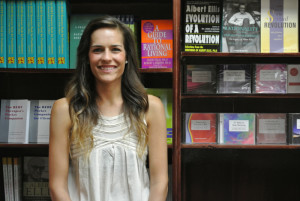This entry will be the last of my three-part series specific to acceptance. So far, we have discussed the acceptance of oneself and the acceptance of others. The last form of acceptance is known as Unconditional-Life Acceptance (ULA).
In today’s world, it seems as though most are struck with a tragedy at one point in their life. These types of events often lead to blame and liability that is often placed on the universe. Although the situation(s) one is dealt may be bad, terrible, or even horrific, constant negative thinking such as, “It shouldn’t have happened to me!” will only lead to more pain and suffering. So I ask, if one has suffered so much within a single past event, why continue to suffer with present day thoughts? This is not to say that sadness and anger are invalid emotional experiences. However, once these emotions become dysfunctional, it is time to start examining the beliefs associated with the event.
Examining ULA on a global level, it is safe to say that certain incidents in this world truly stink. Just turn on any news station and you will likely find a reason to be upset. Some may think that accepting this violent world means resigning. That is 100% not the case. Acceptance means acknowledging the presence of an unpleasant event rather than demanding it be different. Within the helpful textbook, A Practitioner’s Guide to REBT, the authors use the analogy of weather. Imagine looking out the window and insisting the weather change from hot and sweltering to cool and comfortable. Demanding the world be the way you want is just as obscene as demanding the weather change in order to fit your needs.
Ultimately, you may have some control as to how things pan out in life; however, you will be more at peace once you give up the belief that you must have total control of the universe and insist that things should be a certain way. If you are able to change your thoughts about an event, you can change your world. Although this cannot guarantee pain and suffering vanish, it might just be more bearable.

